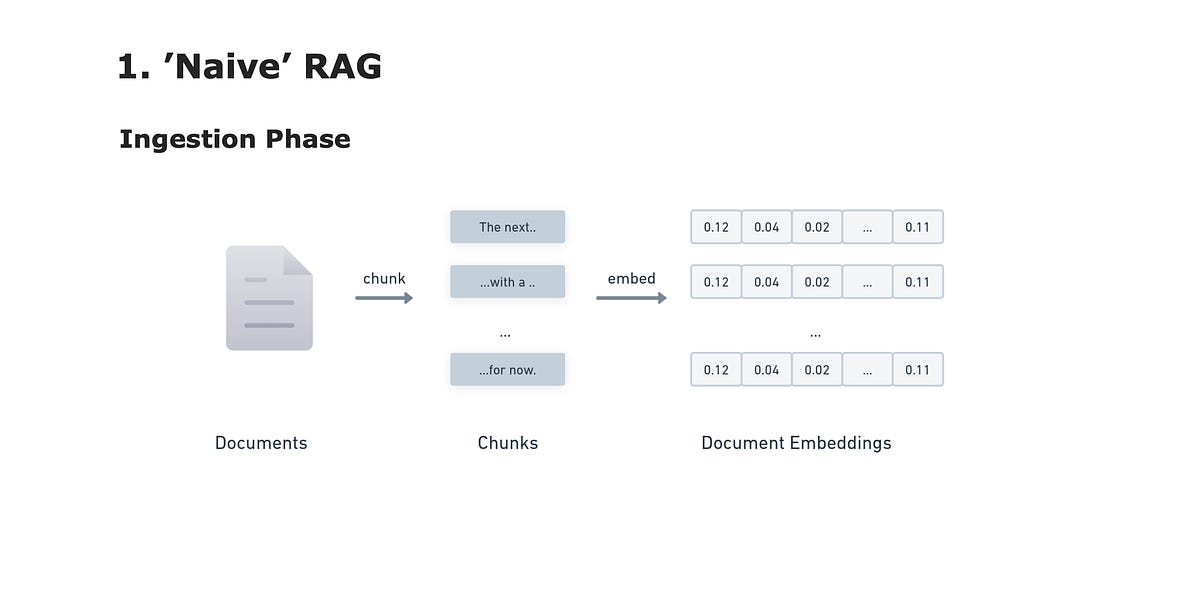Swift’s native Clocks are very inefficient
By which I mean, things like ContinuousClock and SuspendingClock.
In absolute terms they don’t have much overhead – think sub-microsecond for most uses. Which makes them perfectly acceptable when they’re used sporadically (e.g. only a few times per second).
I stumbled into this because of a fairly common and otherwise uninteresting pattern – throttling UI updates on an I/O operation’s progress. This might look something like:
☝️ This isn’t a complete implementation, as it won’t update the byte count if the download stalls (since the lack of incoming bytes will mean no iteration on the loop, and therefore no updates even if a full second has passes). But it’s sufficient for demonstration purposes here.
🖐️ Why didn’t I just use throttle from swift-async-algorithms? I did, at first, and quickly discovered that its performance is horrible. While I do suspect I can ‘optimise’ it to not be atrocious, I haven’t pursued that as it was easier to just write my own throttling system.

























